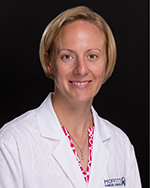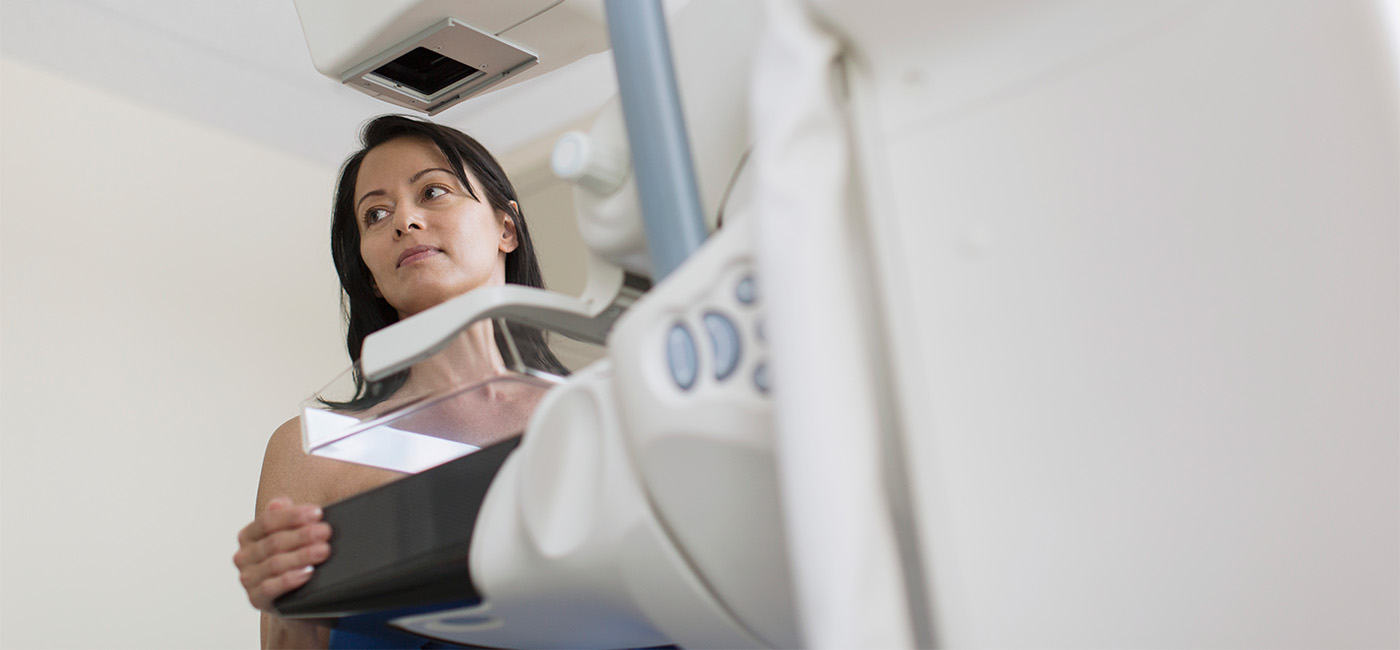Moffitt Expert Weighs in on Study Showing Cancer Screenings Do Not Extend Life
A recent study published in the journal JAMA Internal Medicine has some physicians raising their eyebrows. The study looked at clinical trials that involved at least nine years of follow-up reporting and found no significant difference in lifetime gain with common cancer screening tests, including breast cancer.
That finding is not surprising to Dr. Bethany Niell, section chief of breast imaging at Moffitt Cancer Center and an advocate for breast cancer screening. Cancer screening tests, like screening mammograms, decrease premature deaths from cancer.

“Cancer screening tests were not designed to increase life expectancy,” she said. “In other words, a screening mammogram may prevent a premature breast cancer death at 60 but the test was not intended to increase a woman’s lifespan from age 80 to age 90.”
The researchers in the study do not recommend abandoning screening, despite what their research found. In fact, the authors of the new research suggest that rather than emphasize that cancer screenings save lives, doctors should be clearer about their absolute benefits, harms and burdens.
“We do not advocate that all screening should be abandoned,” the researchers wrote. “Screening tests with a positive-benefit-harm balance measured in incidence and mortality of the target cancer compared with harms and burden may well be worthwhile.”
Niell encourages all women over 40 — and younger women with a history of breast cancer in their families — to continue to get screening mammograms.
“All women, regardless of race, should begin getting annual mammograms no later than age 40,” Niell said. “Women at increased risk may need to begin breast cancer screening exams as early as age 25. To save the most lives, mammograms should be done every year and mammograms should start at age 40, not 50.”
About 4 out of every 10 women who should be getting a screening mammogram have not in the past two years.
“Screening mammograms and all screenings are profoundly underutilized,” Niell said. “We know that finding cancers early saves lives and patients do better.”
Does cancer screening save lives? In the case of multi-cancer early detection, the answer is knowable. https://t.co/qt69V7Juw1
— JAMA Internal Medicine (@JAMAInternalMed) August 28, 2023
Moffitt performs a risk assessment on everyone who comes in for a screening mammogram because most women do not know their breast cancer risk and have not discussed their risk factors with their health care provider.
“Each of us should understand our cancer risk factors, so talk with your health care provider about your own risk factors,” Niell said.
Some important factors to consider:
- Prior to age 50, minority women are 127% more likely to die of breast cancer; 72% more likely to be diagnosed with breast cancer; and 58% more likely to be diagnosed with advanced stage breast cancer.
- Black women are 42% more likely to die from breast cancer despite roughly equal incidence rates.
- Black women are less likely to be diagnosed with early stage breast cancer but twice as likely to die of early breast cancers.
- Black women have a two-fold higher risk of aggressive triple-negative breast tumors and a higher risk of BRCA1 and BRCA2 genetic mutations (placing them at higher risk).



